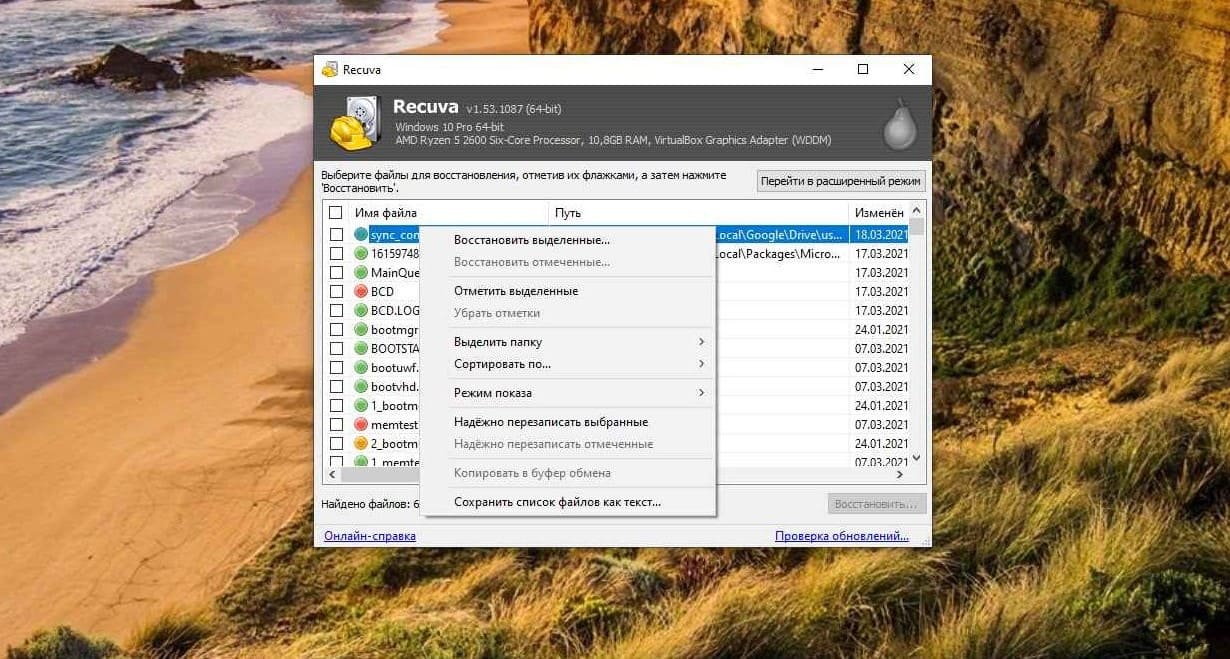
In this article, we will explore some tips and best practices for minimizing the risks when using Recuva to recover your files.
Avoid Overwriting the Original Files
When you delete a file, it's not actually erased from your hard drive. Instead, the space that the file occupied is marked as available for new data to be written over it. If you continue to use your computer or storage device after deleting the file, new data may be written over the deleted file, making it harder or even impossible to recover.
To avoid overwriting the original files, it's important to stop using the device immediately after realizing that you need to recover deleted files. Avoid downloading or installing any new programs or saving any new data on the device until after you have completed the file recovery process.
Be Cautious When Recovering Sensitive Data
If you need to recover sensitive data such as financial records, personal information, or confidential documents, it's important to be cautious about the risks involved. When recovering sensitive data, make sure to use a secure and trusted data recovery program like Recuva.
Also, when using Recuva to recover sensitive data, make sure to take additional steps to protect your data security. For example, you can recover the files to a different device to minimize the risk of overwriting the original files. You can also use encryption tools to secure the recovered files before transferring them to a new device.
Securely Delete Unwanted Files
When using Recuva to recover files, you may also come across unwanted files that you no longer need. It's important to securely delete these files to minimize the risk of them being recovered by someone else.
Recuva Pro offers a secure file deletion feature that uses advanced algorithms to overwrite deleted files multiple times, making them completely irrecoverable. If you don't have Recuva Pro, you can also use other secure file deletion tools to securely delete unwanted files.
Back Up Your Data Regularly
Finally, to minimize the risks of data loss, it's important to back up your data regularly. This can help you recover your files quickly and easily in case of accidental deletion, hard drive failure, or other issues.
You can use a variety of backup tools to back up your data, including cloud storage services, external hard drives, or backup software. By backing up your data regularly, you can minimize the risks of data loss and ensure that your important files are always safe and secure.
In conclusion, Recuva is a powerful data recovery program that can help you recover lost or deleted files from your computer or external storage devices. However, it's important to be aware of the potential risks to your data security when using any data recovery program. By following the tips and best practices outlined in this article, you can minimize the risks and ensure that your data is always safe and secure.